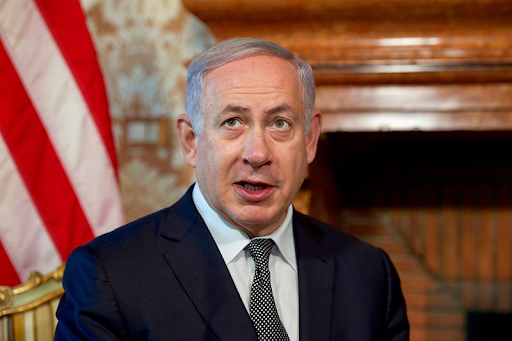Israel’s strategy on its northern border is undergoing a significant evolution, shifting from a focus on threat management to one of proactive peacemaking. Prime Minister Benjamin Netanyahu described this evolution on Sunday, stating that after successfully managing the threat from Hezbollah, Israel is now able to pursue peace with Syria and Lebanon.
For decades, the primary goal with Syria was to manage the threat posed by the Assad regime. With that threat removed, the strategy has evolved to peacemaking, in the form of direct negotiations with the new government. A Syrian official has confirmed that these talks aim to build a lasting peace through a security agreement.
In Lebanon, the threat from Hezbollah is still being managed through military strikes. However, this is now part of a broader peacemaking strategy designed to empower the Lebanese state. The government’s move to disarm Hezbollah is a sign that this dual approach is working, paving the way for a more peaceful future.
Netanyahu articulated this strategic shift. “The possibility of peace… was not even imagined before our recent operations,” he told his cabinet. He confirmed that the new peacemaking phase has already yielded “some progress” with Syria.
This evolution is producing new outcomes. Instead of just managing a hostile border, Israel is now negotiating the terms of a peaceful one, including a demilitarized zone with Syria. Instead of just deterring a militia, it is helping to build the conditions for a sovereign, peaceful Lebanon.
From Threat Management to Peacemaking: Israel’s Northern Evolution
2

